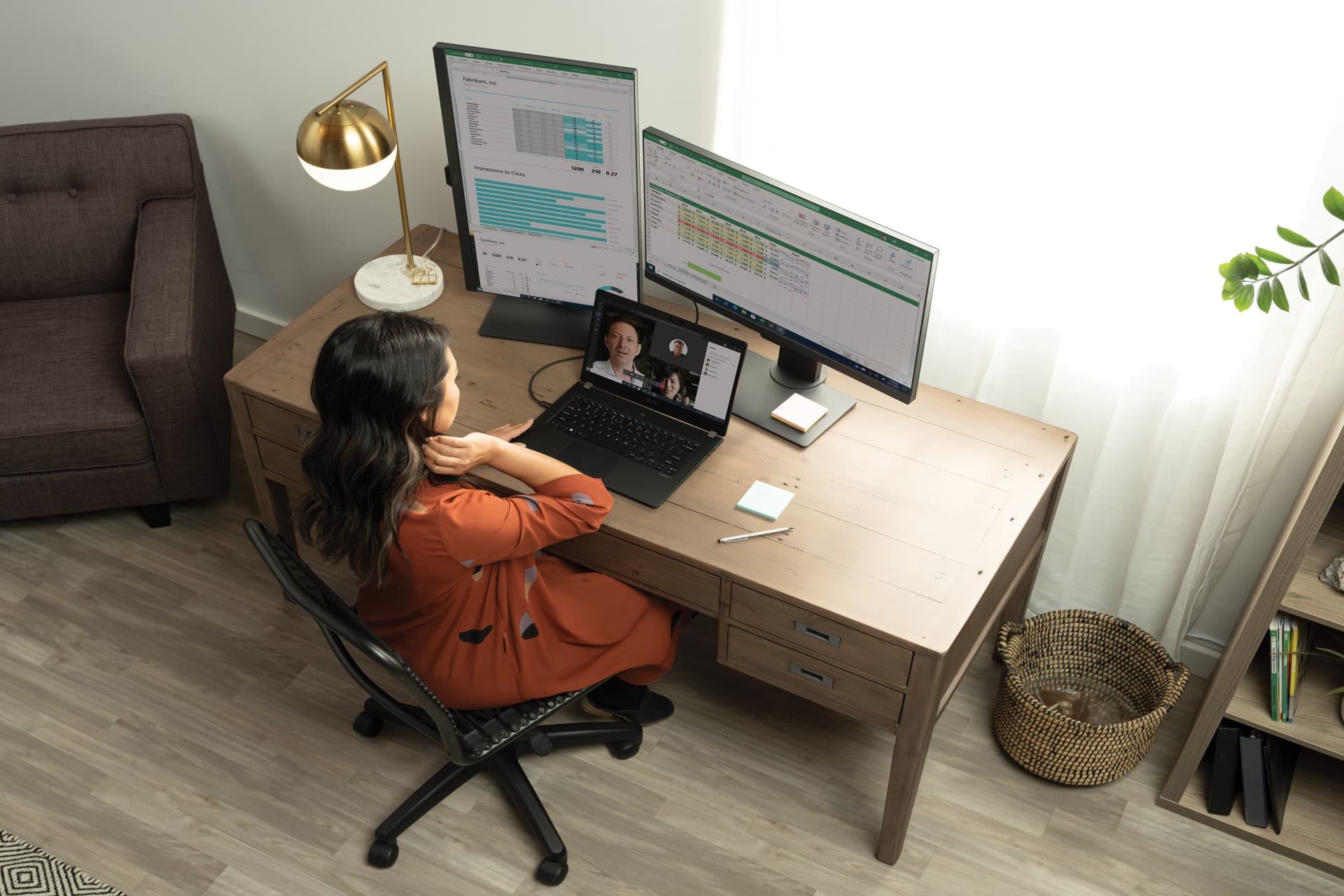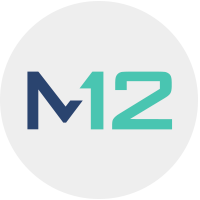Back in April, Microsoft CEO Satya Nadella noted that the pace of enterprise tech adoption had accelerated: “We’ve seen two years’ worth of digital transformation in two months.” Whether it was shoring up your team’s WFH collaboration capabilities or increasing the number of remote happy hours on your calendar, COVID-19 has fundamentally upended traditional ways of communicating, transacting, and passing the time — all at record speed.
The rhythm of business in venture has also quickened its pace. Like most other VCs, we made our first investments in founders who we hadn’t met in-person this year. And that virtual relationship-building has allowed us to start investing in new geographies. We’ve been energized by the opportunity to identify the best entrepreneurs, globally, reaching far outside the 50-mile radius around our office locations.
2020 has also set a new standard for engagement with our portfolio companies.
We’ve participated in increasingly active group texts with other board members, and we’ve dialed into more frequent board meetings and ad hoc calls. We’re happy to provide just-in-time guidance, instead of holding big decision-making conversations exclusively at quarterly, in-person board meetings — sometimes, time zones and a flight away. We’ve always prioritized open lines of communication with the founders in our portfolio and appreciate the widening aperture on their day-to-day.
While we’re excited about some of these new norms, we’d be remiss to ignore that 2020 has been a uniquely challenging time. COVID has claimed over one million lives globally, and has left countless others out of work, separated from family, or juggling childcare in addition to job commitments. But for the most part, the technology sector has been spared the brunt of the pandemic’s destruction; remote work and quarantine life has increased the demand for communication and collaboration technology. Many tech sector jobs have easily transitioned to the home office as well. It is a privilege to reflect on this year, to take note of the things we need to do better, and to dream about what’s to come. Another year will usher in a new wave of business needs and tech advancements. We’re excited to witness the innovation and to meet the brilliant founders behind the tech.
“The Great Reintegration”
The initial shift to working from home looked similar for most information workers: commuting just steps from their bedrooms to kick off the work day. Ten months into this way of life, some people have moved to new cities, states, or even different countries — oftentimes away from their workplace headquarters. As the first vaccines are administered, in-person work environments are back on the horizon, but expectations have fundamentally shifted toward flexibility. The productivity and communication tools we’ve leveraged for an entirely-remote team won’t necessarily be the right solutions for a hybrid environment — where some people are in the office all the time, some drop by every so often, and still others never set foot. The “bounce back” will necessitate new communication and collaboration solutions to maintain productivity when we’re not all in the same conference room or on the same video conference.
The opportunity for 2021: B2B software that enables a productive and collaborative workplace
New ways to attack – and defend – the modern workplace.
Stay-at-home orders have created new challenges for cybersecurity teams. Everything from weak passwords to unsecured WiFi routers leave remote employees exposed to potential cyberattacks. Tectonic shifts in our work and technology expose new fault lines — new attack vectors for cyber startups to attempt to solve. To combat weak passwords, enterprises will need to advance their identity management systems, accelerating the trend toward passwordless authentication. And as data becomes a more critical enterprise resource, it too becomes a target — the poisoning of Machine Learning training data or weaponized AI may become just another tool in an attacker’s toolkit. Cyber insurance could become mandatory as threats continuously evolve.
The opportunity for 2021: Security for an evolving workplace and protection of businesses’ growing reliance on data
The Manhattan Project of Healthcare
The Manhattan Project research and development endeavor was a gathering of the era’s leading scientists, a massive government-funded pursuit, and a demonstration of cross-border cooperation — not unlike the vaccination R&D efforts we’re witnessing in real-time today. The researchers and work behind the original Manhattan Project initiated follow-on, world-changing innovations in aerospace, computing, energy, and dozens of other sectors. In that ripple-effect context, this moment in time is the origin story of two decades of exciting, disruptive innovation in the healthcare sector and beyond.
The global pandemic has fast accelerated healthcare innovation; particularly in the US, milestones that were ten years away are here now, including the move to telemedicine. Governments are relaxing the laws that made it challenging for telehealth companies to grow in an effort to better address our present healthcare crisis. These regulatory tailwinds are a strong foundation for numerous opportunities in the space: the consumerization of the patient experience, infrastructure for the 1 ZB of data that the US healthcare system generates every year (not to mention data from wearables), remote-first ecosystems for physicians, and virtual mental health services to meet a growing demand.
The opportunity for 2021: People-centered healthcare technology that encourages patients to focus on wellbeing, regardless of their location
The prioritization of inclusion
In the wake of 2020’s heightened focus on racial injustice, several institutions made commitments to hire, promote, buy, or invest more inclusively. The importance of diversity has been a persistent conversation at M12 since the inception of our fund. We’re proud to have hosted two Female Founders Competitions in 2018 and earlier this year, and to work with partners like All Raise, Black & Brown Founders, and Included VC to realize a more representative startup and venture ecosystem. But the persistent protests of 2020 have motivated a deeper reflection on equity, and the entrenched biases that exist in our industry.
We’ve started building relationships with other funds, accelerators, and incubators that specialize in supporting diverse founders to ensure that our dealflow better represents the global population of technology users. We’re also seeing an increasing number of asks from our portfolio companies in this space: requests for support to build diverse teams, hire diverse leadership, and recruit diverse boards. Diversity is no longer a “nice to have.” It has become the norm to prioritize buying from and working for companies that reflect personal values; the bottom line depends on a commitment to inclusion.
The opportunity for 2021: More funding for underrepresented founders, and startup leadership positions for women and BIPOC
Predictions may be a fool’s errand. When we rang in 2020, I was not anticipating a year of cancelled trips, baking bread, and sweat suit workwear. But there is so much to lose in not delivering on these opportunities in 2021.
Like many of you, I’m grateful to close the chapter on a very challenging year. But I’m already excited for another year of founder meetings — whether they happen virtually, socially-distanced, or eventually face-to-face — to fund ideas that enable a future of more flexible workplaces, more inclusive companies, more accessible healthcare, and safer digital spaces.
For more M12 news, follow us on Twitter.

